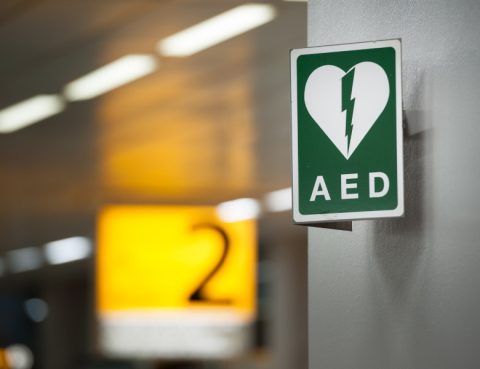(kali9/E+, Getty Images) A year of exercise training helped to preserve or increase the youthful elasticity of the heart muscle among people showing early signs of heart failure, a small study shows. The new research, published Monday in the American Heart Association journal Circulation, bolsters the idea that “exercise is medicine,” an important shift in…
(John Paul Armstrong/The Image Bank, Getty Images) Lea en español Physically removing a blood clot in the brain is a safe and effective treatment for pregnant women having a stroke, a new study suggests. Stroke during pregnancy is rare, but the risk increases during pregnancy and for up to 12 weeks after giving birth, or…
(andresr/E+, Getty Images) Lea en español From the start, Norma Cavazos was surrounded by friends and family who were vaccine skeptics: “No one was going to take it, including myself. That was something that we were all adamant about.” As a public health worker for the state of Texas, she was aware of the coronavirus…
(olaser/iStock, Getty Images) It is estimated that thousands of air travelers around the world have a cardiac arrest each year, with nearly a quarter of those occurring on a plane, according to new research that points to the success of CPR and AEDs in keeping survival rates higher than the national average. The new study,…
(PeopleImages/E+, Getty Images) People whose stress hormones reach high levels are at greater risk for developing high blood pressure or having a heart attack or stroke down the road, according to a new study. Published Monday in the American Heart Association journal Hypertension, the research analyzed levels of norepinephrine, epinephrine, dopamine and cortisol – hormones…
(Dean Mitchell/E+, Getty Images) Visiting high-altitude locations may be dangerous for people with high blood pressure or certain heart conditions, according to a new report from the American Heart Association that offers guidance about engaging in recreational activities in mountainous regions. Published Thursday in the Journal of the American Heart Association, the scientific statement marks…
(irem01/iStock, Getty Images) Eating peanuts each day may lower risk for a common type of stroke and heart disease compared to eating no peanuts, according to new research in Asian men and women living in Japan. The study, published Thursday in the American Heart Association journal Stroke, found people who ate four to five peanuts…

